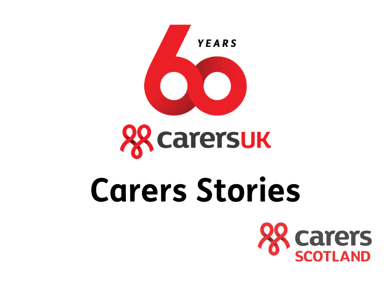Scottish Child Payment
Scottish Child Payment helps towards the costs of supporting your family. It's a weekly payment of £25 that you can get for every child you look after who's under 16 years of age. If eligible, you'll receive the payment every four weeks.
It's up to you what you choose to spend the money on. You could use Scottish Child Payment for things like:
- travel costs
- nappies and other essentials
- childcare
- family days out.
Scottish Child Payment does not affect any other UK or Scottish Government benefits that you, or any person in your household, currently receive.
You may be able to claim Scottish Child Payment if all of the following apply:
- you live in Scotland
- you or your partner are getting certain benefits or payments
- you or your partner are the main person looking after a child who's under 16 years old.
You can apply whether you're in work or not, as long as you're getting one or more of the following benefits:
- Universal Credit
- Child Tax Credit
- Income Support
- Pension Credit
- Working Tax Credit
- income-based Jobseeker's Allowance (JSA)
- income-related Employment and Support Allowance (ESA).
If you're not getting any of these benefits or payments, but have applied for one, you can still apply for Scottish Child Payment.
You can apply online, by phone: 0800 182 2222 or by post (download a form here). If you need help and advice on applying contact Social Security Scotland on 0800 182 2222. Click here to find out more about help if English is not your first language or you require advice online, in BSL or by text relay (for those who are hard of hearing).
Child Payment Bridging Payment
Scottish Child Payment will be extended to all eligible under-16s by the end of 2022. The Scottish Government is introducing payments to bridge the gap until then. These are called SCP Bridging Payments.
Families with children over 5 years old, who get free school meals because of household income, can get the bridging payment. This includes families with children 16 and over.
In 2022 bridging payments of £130 per child will be paid at Easter, Summer, October and Christmas. The payments will be made in line with the start of the school holidays.
You could get the payment if you meet the eligibility criteria for free school meals. This is usually because you're on a low income or getting certain benefits. Check the full eligibility criteria for free school meals here if you're not sure.
You might also get the payment if you're experiencing financial hardship. For example, if:
- you're waiting for your first Universal Credit payment
- your immigration status means you cannot get help from the government.
Your local council will make any payment. If your child gets free school meals because you're on a low income and get a qualifying benefit you do not need to apply for it. Your local council will make the payment to you automatically.
All P1 to P4 pupils are entitled to free school meals however only the families getting them because of their income will receive these payments. You must therefore apply so the council knows your income. For more information and to find your local council visit https://www.mygov.scot/scottish-child-bridging-payments.
Latest updates

National Carer Organisation’s Statement on the Scottish Budget 2026

60th Anniversary Stories: In Praise of Young Carers – Pearls (Poem)

Carers Scotland 60th Anniversary Reception and Exhibition
Got a question about caring?
Every day we hear from people who need help with looking after a friend or family member
Become a member for free
Joining Carers UK is free and takes just a few minutes.


